Russia-Kazakhstan dynamic in the context of European energy and economic security
By Mamuka Tsereteli
August 11, 2022
Kazakhstan, and Central Asia in general, needs a long-term energy and commodity export strategy. Economic and energy security for the landlocked countries requires diversification of the transportation options for export and import. Europe will need every extra barrel of oil it can get, and Kazakhstan needs reliable markets, so uninterrupted access to resources and markets through trusted connectivity with the likeminded countries should always be the priority in all times, good and bad.
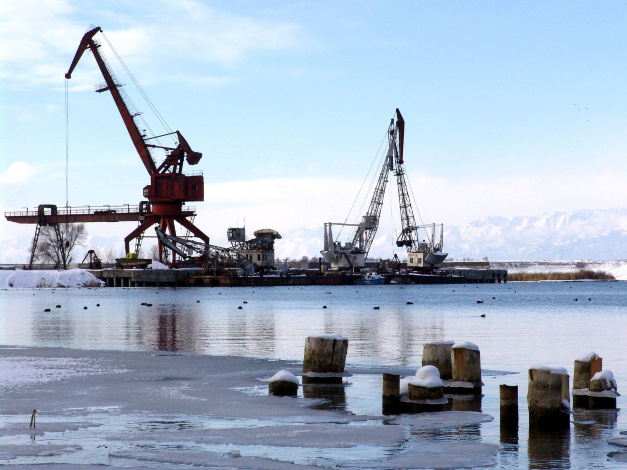
So-called parliamentary elections in occupied Abkhazia
By Tomáš Baranec and Tengiz Gasviani
July 12, 2022
The second round of Abkhazia’s de facto parliamentary elections took place on March 26. Although the Abkhaz parliament and the political parties enjoy little influence in the local power vertical, this year’s elections could significantly affect the further development of the political situation in the region. A likely “constitutional majority” of pro-president MPs in the parliament does not only complete the concentration of power in the hands of the de facto president Aslan Bzhania, but also allows for constitutional changes. At the same time, it can make Abkhazia more vulnerable to pressure from Russia.
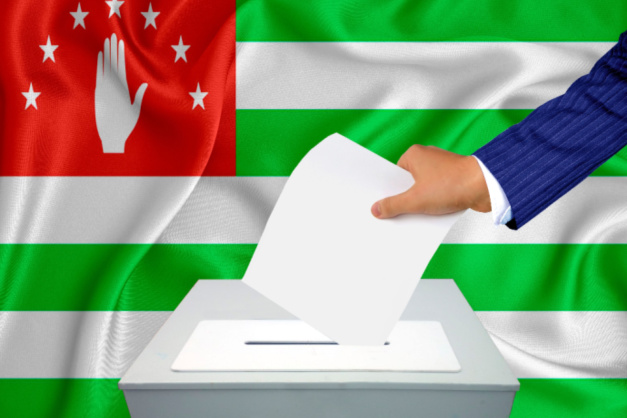
Uzbekistan Between Ukraine and Russia: The Curse of Positioning
By Farkhod Tolipov
May 31, 2022
Russia’s war in Ukraine has become an existential geopolitical challenge for all former Soviet republics. Uzbekistan’s formulation and expression of a position on the war has been difficult in an ethical and political sense. Positioning on this matter is also a serious test for the strategic partnership and unity of Central Asian states. At the UNGA, Uzbekistan did not vote on the resolution blaming Russia for aggression against Ukraine. However, it voted against the exclusion of Russia from the UN Human Rights Committee. Uzbekistan’s MFA later brought some clarity to Tashkent’s position, which could potentially irritate Moscow. The curse of positioning reflects the enduring and perplexing geopolitical status-quo in Central Asia.
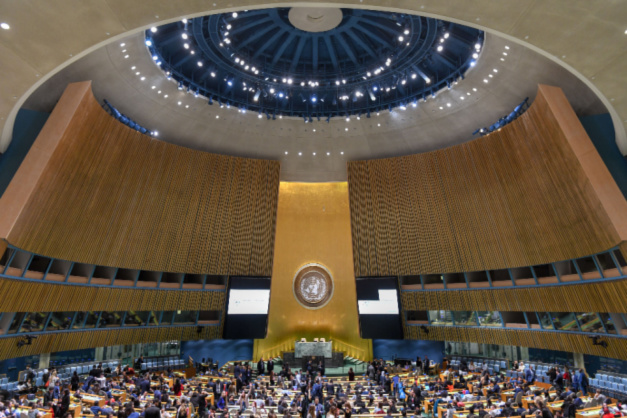
Karabakh Armenians Threaten to "Join Russia" as Armenia Turns Toward Peace with Azerbaijan
By Robert M. Cutler
May 9, 2022
Constructive developments in negotiations for peace between Armenia and Azerbaijan, particularly those mediated by the European Union, have produced a further radicalization of the opponents of such a peace. Russia is unhappy with EU and Western attempts to take the initiative for the peaceful normalization of relations between Azerbaijan and Armenia. Russia is seeking to use the Karabakh Armenians to maintain its geopolitical position in the South Caucasus. Threats have been voiced, in both Moscow and Khankendi [Stepanakert], of the intention to seek an annexation to Russia of areas in Nagorno-Karabakh where Russian troops are located.
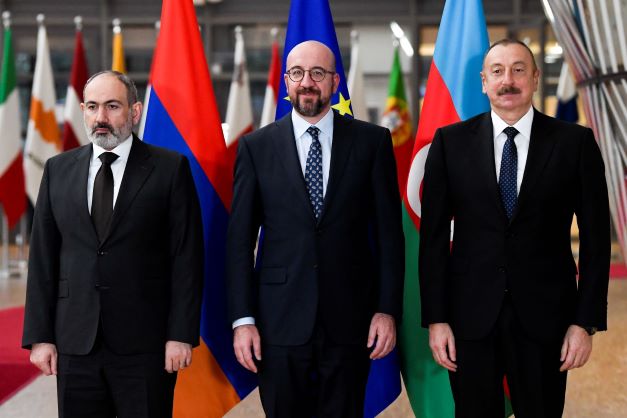
Iran and the Ukraine Crisis: Complexities and Considerations
By Vali Kaleji
April 25, 2022
Iran’s close relations with the Russian Federation, along with Tehran’s efforts to maintain relations with Ukraine, have complicated Iran’s approach to Russia’s military invasion of Ukraine. Although Iran has not recognized the independence of the so-called Donetsk and Luhansk People’s Republics, it simultaneously has not criticized the attack and abstained from voting on a UN General Assembly resolution condemning Russia’s invasion of Ukraine. While Tehran, like Russia, opposes NATO enlargement, it is concerned over possible negative implications of the war for the talks on Iran’s nuclear program.
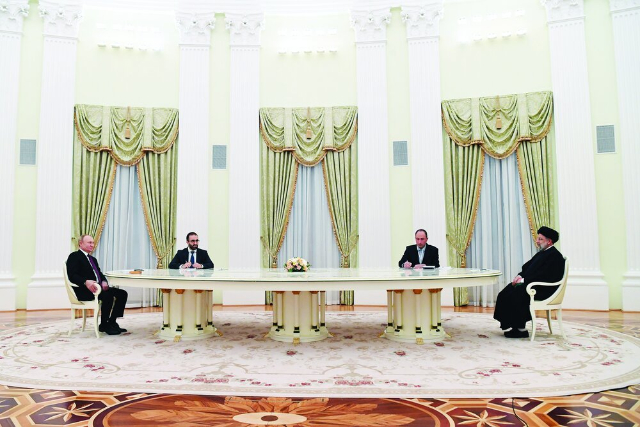








 Book S. Frederick Starr and Svante E. Cornell,
Book S. Frederick Starr and Svante E. Cornell,